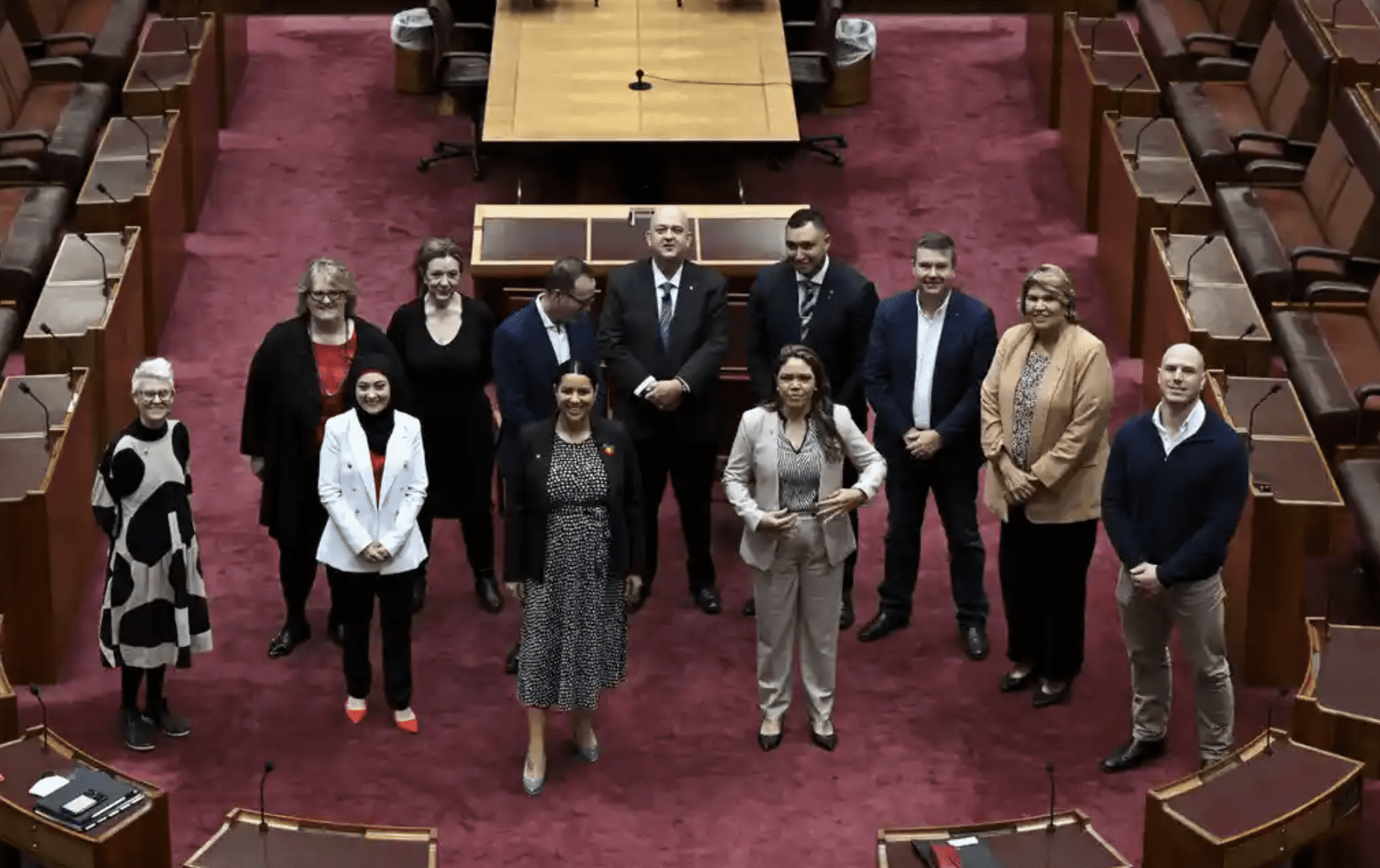The first fortnight of Parliament has wrapped up, giving us a glimpse into the priorities of the Albanese government and how a new House – with the smallest Coalition presence since Hawke, the largest representation of women, and the most powerful crossbench in history – will approach their agenda.
Labor has a majority in the House, with 77 of 151 seats, but must garner the support of 13 crossbenchers in the Senate (where they only have 26 of 76 seats) to pass legislation. The Greens have 12 seats, meaning Labor will have to secure their support and one other from the crossbench, likely Jacqui Lambie (Tas) or David Pocock (ACT).
The nature of this collaboration was most evident with negotiations around the Climate Change Bill which, now passed, will enshrine an emissions reduction target of 43 per cent by 2030 off 2005 levels into law. The Minister for Climate Change, Chris Bowen, is now also required to give an annual statement to Parliament on the Government’s progress toward the target.
The legislation will mark the most significant climate reform since the carbon tax, enacted by the Gillard government back in 2012 before being repealed by Abbott two years later. The deliberations over the bill are particularly of note, given the Greens opposed Rudd’s carbon reduction scheme back in 2009, instead voting with the Liberals, due to its lack of ambition – something Labor supporters have long criticised. Now, after a decade of climate inaction, and while similarly believing Labor ought to be aiming higher, the Greens have shown a greater willingness to settle, with leader Adam Bandt stating, “you need to give a little to get a little”. The bill ultimately passed the House, with amendments including making it mandatory for government agencies to assess climate impact when it seeks to fund new projects.
The House passed two further bills legislating many of the recommendations from the Royal Commission into Aged Care, including mandated on-site nurses, a cap on administrative fees, and the requirement of facilities to disclose their costs and profits. Previous bills including similar reforms had been debated in the last parliament but were ultimately not supported by Labor, with the policies instead becoming core promises of their election campaign. The government faced criticism for its delay in some of these reforms, seemingly for political reasons.
“What disappoints me about this Bill is that the Albanese Government could have saved senior Australians and the aged care industry undue stress by passing these reforms when our Bill was before the previous Parliament,” said Liberal Senator Wendy Askew.
Nonetheless, the reforms are the first significant implementation of the recommendations from the Royal Commission in to Aged Care, the findings of which were released in 2018.
Employment Minister Tony Burke introduced a bill to deliver 10 days of domestic violence leave for workers, resulting from a years-long campaign by the Australian Services Union calling for the reforms. Under the legislation, all Australian workers – including casuals and part-time workers – will be able to access the leave from February 2023 or August 2023 for smaller businesses. According to Burke, the delayed commencement of the scheme will allow businesses to prepare to meet their obligations under the scheme.
Albanese addressed a group of women’s safety advocates on the lawns of Parliament House prior to introducing the bill. Shadow Industrial Minister Michaelia Cash indicated the Opposition is “inclined” to support passage of the bill into law, but prefers the Fair Work Commissions’ domestic violence provisions, which also provide 10 days of leave but exclude casual workers. The reforms not only mark a significant change in governmental responsibility for supporting victims of domestic violence but also set a benchmark for the ability of governments to legislate paid leave for casual workers.
Parliament will meet again in September, where attention will turn to address the rising cost of living, with the government delivering its budget at the end of October.





